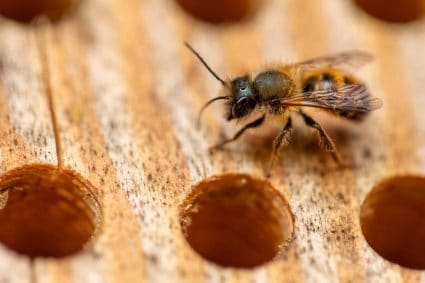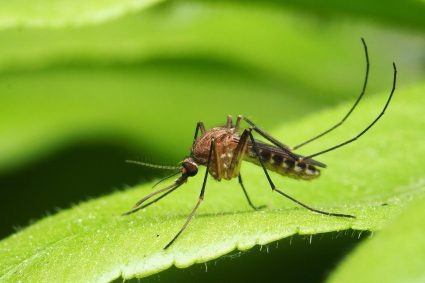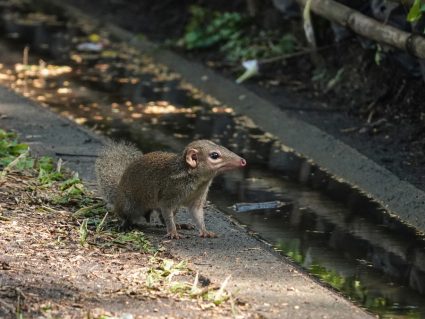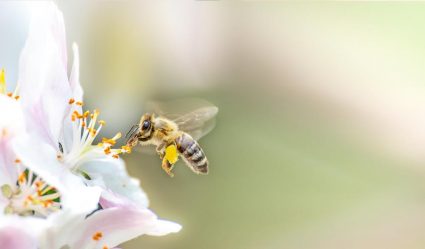
Gardening is a rewarding hobby, but it can be frustrating when critters invade and damage your plants. Whether it’s rabbits nibbling on your lettuce, deer feasting on your flowers, or insects damaging your fruit trees, keeping critters out of the garden can be a challenge. Fortunately, there are several strategies you can use to protect your garden and enjoy a bountiful harvest.
Keeping critters out of your garden involves several strategies such as growing in raised beds, using natural repellents, maintaining a natural border, picking proper plants, using companion planting, introducing natural predators, planting deterrents, using non-toxic solutions, installing fences and physical barriers, and regular garden maintenance. No method is foolproof, so combining several methods often yields the best result. Always prioritize the safety of your plants and the animals.
The Most Common Garden Critters
Before we dive into the solutions, let’s identify the most common critters that invade gardens. These include deer, rabbits, moles, gophers, birds, squirrels, and various insects. These critters can damage your plants by eating the leaves, stems, flowers, and fruits, or by burrowing through the soil and damaging the roots.
Preventive Measures
The best way to keep critters out of your garden is by taking preventive measures. Here are some strategies you can use:
- Grow in raised beds: Raised beds can help deter animals like rabbits and groundhogs. If deer are a problem, consider adding a small wire fence around the perimeter of your raised bed.
- Use repellents: Natural repellents like castor oil can deter animals that burrow through your yard. Sprinkle it around the perimeter of your garden or mix it with water and spray it on your plants.
- Maintain a natural border: Allow grasses and shrubs to grow around the borders of your garden. This creates a natural fence that may deter animals from entering.
- Pick proper plants: Some plants can deter pests due to their strong smell or taste. Herbs like chives, coriander, and nasturtium can repel aphids, for instance.
- Use companion planting: Planting certain plants together can help deter pests. For example, alternating rows of carrots and onions can help keep pests away from both plants.
Using Natural Predators
Introducing and attracting beneficial predators to your garden can help control pests in an environmentally friendly way. These include insects like ladybugs, green lacewings, and parasitic wasps, as well as larger animals like birds, frogs, and garter snakes.
You can attract these beneficial predators by planting native and pollinator-friendly plants that provide nectar and pollen. Additionally, create habitats for these predators by providing shelter, water, and food sources.
Planting Deterrents
There are specific plants that deter critters from entering your garden. Marigolds, for instance, can keep rabbits away. Herbs like rosemary and mint repel various insects and animals due to their strong smell. Prickly plants like squash and oriental poppies can keep raccoons and rabbits at bay.
Non-Toxic Solutions
There are several non-toxic ways to deal with critters in your garden. Homemade sprays using vinegar, garlic, or chile powder mixed with water and mild soap can deter many pests. Diatomaceous earth can be sprinkled around your garden to deter slugs and snails. Using bird netting can protect your plants from birds and other animals.
Using Fences and Physical Barriers
Fences and physical barriers can effectively keep critters out of your garden. The height of your fence should depend on the type of animal you want to deter. For burrowing animals, bury the fence at least 12 inches underground. You can also use hardware mesh or chicken wire at the base of your garden fence to keep small animals from entering.
Regular Garden Maintenance
Keeping your garden clean and well-maintained can deter critters. Regular weeding, pruning, and cleaning up garden debris can minimize the presence of pests and weeds that may attract critters. You can also reduce the risk of pests and critters finding shelter in overgrown areas by regularly mowing the lawn and trimming hedges.
By implementing these strategies, you can enjoy a critter-free garden. Remember that no method is foolproof, and you may need to combine several methods for the best results. Always prioritize the safety of both your plants and the animals you are trying to deter. Happy gardening!
Frequently Asked Questions
What are some examples of pollinator-friendly plants that can attract beneficial predators to my garden?
Some examples of pollinator-friendly plants include sunflowers, lavender, cosmos, and zinnias. These plants attract beneficial insects like bees, butterflies, and ladybugs which can help control pest populations in your garden.
What is companion planting and how does it work?
Companion planting is the practice of planting certain plants together for mutual benefit. This can be because one plant repels pests that the other attracts, or because the two plants together can help improve soil quality. For instance, tomatoes and basil are often planted together because basil can repel insects that are harmful to tomatoes.
How often should I apply natural repellents like castor oil or homemade sprays?
The frequency of application may vary based on the specific repellent and the pests you’re trying to deter. Generally, you should reapply after rainfall or watering, and otherwise every 2-3 weeks. However, it’s always best to follow the instructions on the repellent or do some research to find the most effective application schedule for your particular situation.
Can I use multiple methods at once to keep critters out of my garden?
Yes, in fact, it’s often most effective to use a combination of methods to deter critters. For instance, you might use fencing to keep out larger animals, while also using companion planting and natural repellents to deter smaller pests.
What are some examples of plants that have a strong smell or taste that can deter pests?
Some examples include herbs like mint, rosemary, and chives, and flowers like marigolds and lavender. These plants have strong smells that many pests find unappealing, so they can help to keep your garden critter-free.











